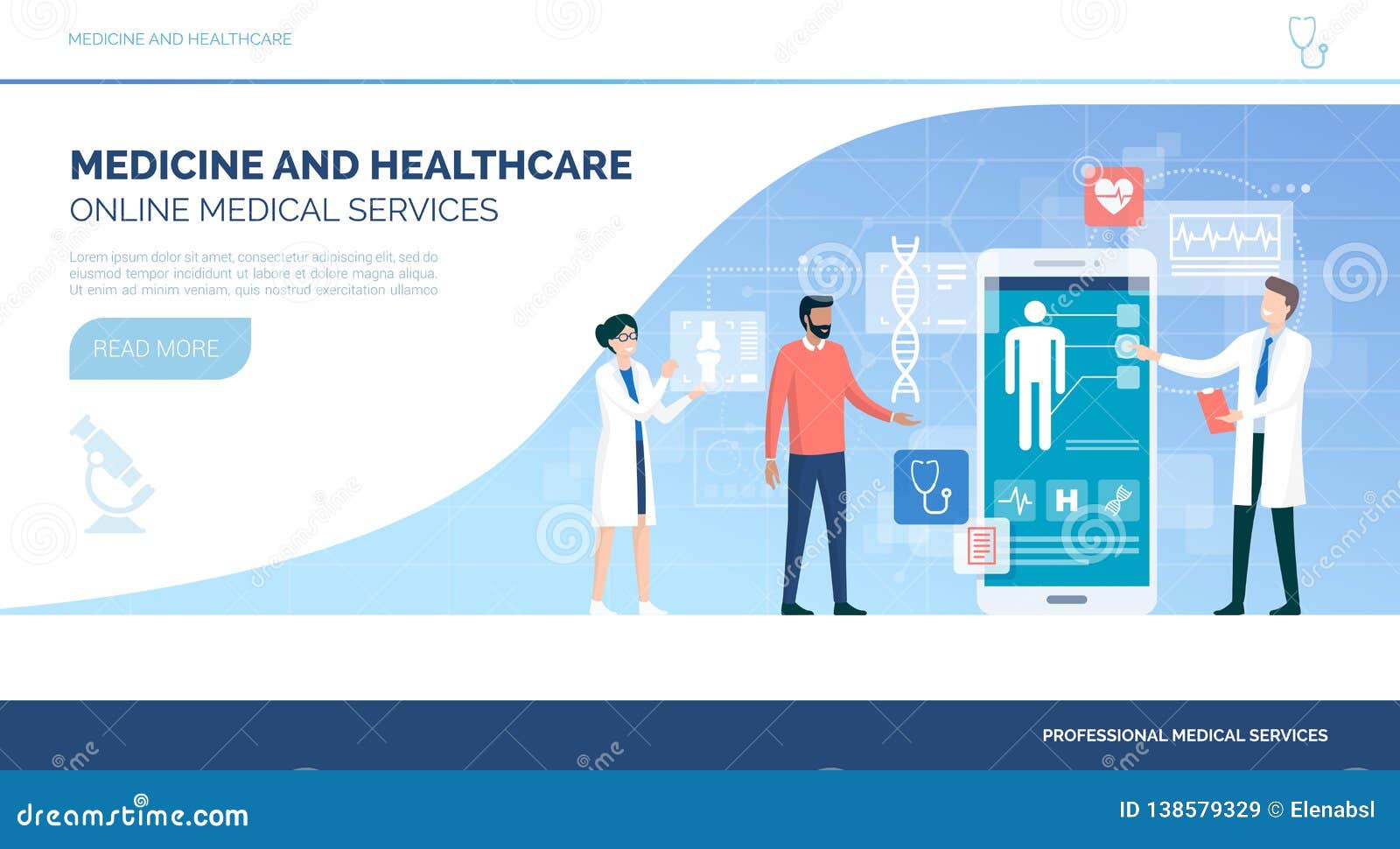How Subscription Based Healthcare is Reinventing Patient Access to Services
How Subscription Based Healthcare is Reinventing Patient Access to Services
Blog Article
Navigating the Future of Medication With Subscription-Based Medical Care Solutions
As the healthcare sector evolves, subscription-based services become an essential version promising to reshape individual care delivery. With the potential to supply structured, cost-efficient solutions through predictable pricing and customized interest, these solutions stand at the center of modern-day medical innovation. As we consider their increase, one should ponder the ramifications of incorporating such systems right into existing healthcare structures. What challenges do they present in terms of information security and fair accessibility, and just how might they redefine the patient-provider partnership? The solutions to these concerns can basically alter our method to healthcare.
Surge of Registration Healthcare
As medical care systems all over the world face raising stress from rising prices and demand for services, the arrival of subscription-based health care versions has become a transformative pattern. This cutting-edge strategy is interrupting standard healthcare shipment by offering a foreseeable, flat-rate repayment framework for medical solutions. Rooted in the principles of concierge medication, subscription-based medical care enables service providers to focus on tailored person care while concurrently handling functional efficiencies.
The enhancing consumer demand for openness and predictability in healthcare expenditures has actually driven the change in the direction of this model. Subscription-based services usually use direct accessibility to healthcare professionals, which can minimize the management concerns connected with insurance coverage claims and repayments.
This version is obtaining traction among varied doctor, from primary treatment physicians to specialized facilities, by lining up financial incentives with continual and preventive treatment. By moving the emphasis from quantity to value-based treatment, registration healthcare has the possible to improve the landscape, cultivating an extra sustainable and patient-centered approach to health management.
Advantages for Individuals

In addition, subscription-based services usually highlight preventive care, motivating normal exams and health and wellness testings. This proactive method can result in early detection of wellness concerns, possibly boosting results and reducing lasting medical care expenses for patients. Furthermore, such versions typically provide transparent pricing, allowing patients to better understand their medical care costs and stay clear of unanticipated medical expenses.
The customized nature of subscription-based healthcare additionally enhances patient experience. Individuals can receive tailored healthcare strategies that match their particular requirements, promoting a much more patient-centric technique. This personalization can lead to enhanced individual fulfillment and adherence to therapy strategies. Subscription services typically integrate wellness programs, sustaining individuals in preserving general health and wellness and well-being. Ultimately, these advantages jointly contribute to a much more effective, affordable, and patient-friendly health care experience.
Technology's Function in Change

Fabricated knowledge (AI) plays a vital duty in anticipating analytics, helping in very early medical diagnosis and customized treatment plans. AI algorithms evaluate huge datasets to identify patterns that could be ignored by human observation, therefore improving professional decision-making. Additionally, digital wellness documents (EHRs) improve person info monitoring, guaranteeing connection and comprehensibility of care throughout numerous services and providers.
Blockchain technology improves information security and privacy, essential for preserving individual rely on digital platforms. It makes it possible for clear and protected deals of medical data, making sure that sensitive information continues to be secured. With the integration of artificial intelligence and AI, blockchain can automate complex healthcare procedures, decreasing management concerns.
Factors To Consider and obstacles
While technology pushes the capabilities of subscription-based healthcare services, it also presents a collection of obstacles and considerations that should be resolved to ensure effective implementation. One substantial difficulty is the fair accessibility of these services. As subscription designs often rely on digital platforms, there is a threat of exacerbating the digital divide, leaving people without internet accessibility or digital literacy. Ensuring these solutions do not disproportionately benefit only tech-savvy and wealthy populaces is essential.
Data personal privacy and safety stand for another important factor to consider. Subscription-based services commonly entail the collection and storage space of huge quantities of personal health details. Carriers need to stick to stringent information security regulations to preserve weblink patient count on and protect against unapproved accessibility, which could bring about significant honest and legal repercussions.
As health care needs advance, preserving a cost-effective balance between membership costs and service high quality is vital to stop person frustration and attrition. Dealing with these difficulties is important as subscription-based healthcare services proceed to evolve and broaden.
Future Implications for Medicine
Subscription-based health care services are poised to substantially affect the future landscape of medication by reshaping exactly how care is accessed and provided. These versions use the potential to equalize healthcare accessibility, offering individuals with more individualized and timely treatments. By leveraging modern technology, such as telemedicine and information analytics, subscription services can promote continual tracking and customized health management, thus enhancing outcomes and decreasing the burden on traditional health care systems.
As these services gain traction, they can promote a change towards preventative care, stressing the relevance of early detection and administration of persistent problems. This proactive approach might ultimately decrease health care prices by alleviating the need for expensive therapies occurring from late-stage disease monitoring. Additionally, membership designs provide a scalable option to address variations in health care accessibility, particularly in rural or underserved populaces.
Nonetheless, the transition in the direction of subscription-based designs necessitates attending to governing and honest considerations, including data privacy and equitable access. As the market advances, collective efforts between policymakers, modern technology developers, and healthcare suppliers will certainly be important to establishing durable frameworks that protect person interests while cultivating development. Eventually, these services assure to add substantially to an extra efficient, patient-centered healthcare ecosystem.

Conclusion
Subscription-based medical care solutions represent a considerable advancement in the clinical field, offering foreseeable costs and individualized treatment that boost accessibility and focus on precautionary actions. As the medical care landscape evolves, membership designs are poised to play a critical role in forming the future of medication.
As the healthcare industry progresses, subscription-based solutions emerge as an essential model promising to reshape patient care distribution.As medical care see page systems around the globe face boosting stress from climbing costs and demand for services, the introduction of subscription-based healthcare models has emerged as a transformative fad (subscription based healthcare).With the rise of subscription-based healthcare designs reshaping conventional health care distribution, individuals are starting to experience substantial benefits from this ingenious technique. As healthcare requires evolve, keeping an economical balance between membership fees and solution top quality is essential to prevent client discontentment and attrition.Subscription-based healthcare services are positioned to substantially affect the future landscape of medicine by improving how care is accessed and provided
Report this page